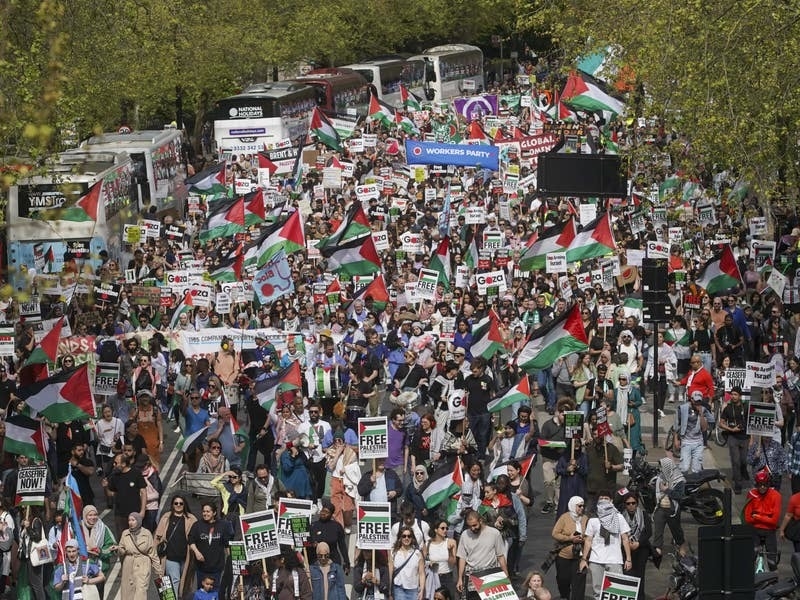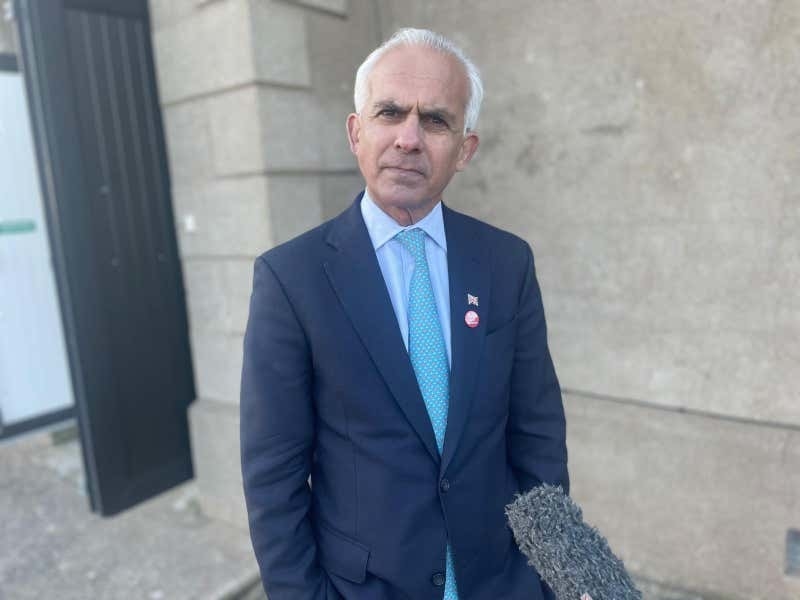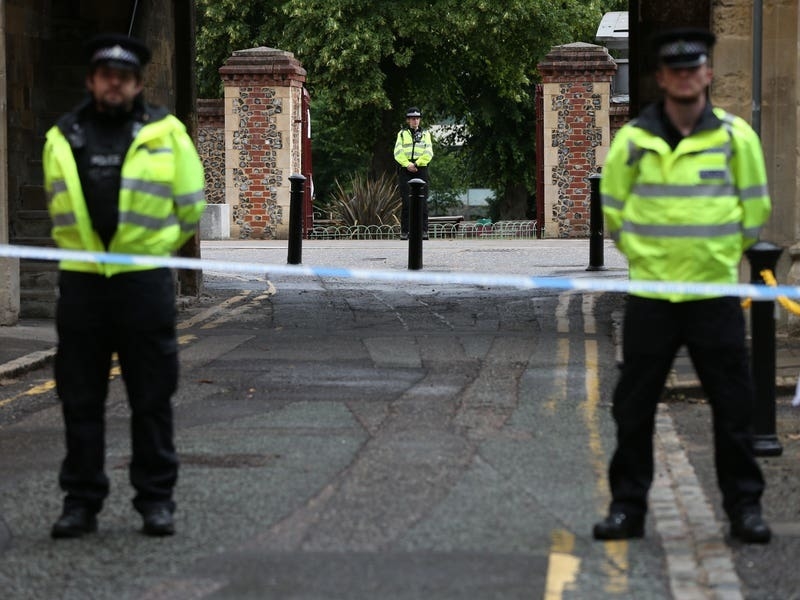JERSEY must play its part in averting crisis in Ukraine by freezing financial assets held by Russian oligarchs connected to Vladimir Putin’s regime, a leading activist has said.
With the UK preparing to introduce new sanctions in response to the build-up of more than 100,000 troops on the Ukrainian border, high-profile anti-Putin activist Bill Browder has called on the Island to ‘follow suit’, claiming it can make a big difference due to its significant role in global finance.
The British government is looking at updating legislation so it can sanction ‘any individual and business of economic or strategic significance to the Kremlin’. On Monday, Foreign Secretary Liz Truss said the new laws would leave Russian oligarchs with ‘nowhere to hide’.
In 2018, British-American businessman Mr Browder pushed for the Island to introduce its own version of the Magnitsky Act – US legislation enabling the sanctioning of individuals connected to corruption and human-rights abuses. A year later, new sanctions and asset-freezing laws were passed by the States before the Island joined the UK in applying its first asset-freeze orders to around 50 individuals in 2020.
Speaking exclusively to the JEP, Mr Browder said that the amount of Russian money in British institutions could act as a hindrance to sanctions but was also an opportunity for places like the UK, Jersey and other British territories to hurt the Putin regime.
‘It’s a double-edged sword. On one hand, there’s been an extremely permissive attitude towards dirty Russian money in the UK, which applies to the Channel Islands as well,’ he said.
‘Because there’s been so much of that money, a number of institutions have been compromised that should have put up stronger barriers in preventing it from coming in or should have prosecuted the perpetrators of crimes for money laundering.
‘However, and this is a really interesting point, now that the money is all here, it gives the British incredible leverage to weigh in on this Ukraine crisis in a meaningful way.’
Mr Browder said that he viewed the crisis in Ukraine as ‘existential’ and added that Jersey’s role as an international finance centre gave it the opportunity to ‘punch above its weight’ in applying sanctions.
He continued: ‘More blood will be spilled and therefore we have a duty to do something about it in the UK. It’s a national security crisis. The fact that all this money is here means that it can be frozen. Jersey could change the course of history, because, actually, more money is held in Jersey than is held in the UK because it’s an offshore jurisdiction, which is where these people favour holding their money.’
He added: ‘I would argue that the Channel Islands and other offshore territories, such as the Crown Dependencies, could change the course of history if they stepped up in this crisis.
‘The British government has made it clear that they’re going to adjust the legislation to allow the government to freeze money connected to Putin, his oligarchs and their family members.
‘If that were to happen, Jersey and the other Channel Islands should follow suit and look to sanction these people the moment they’re called on to do it.’
According to Government of Jersey figures, three Russian nationals gained 21E ‘high-net-worth individual’ residency rights between 2013 and 2020. In January 2018 the JEP revealed that Chelsea owner Roman Abramovich was one of these individuals, although it is not believed that Mr Abramovich ever moved to the Island.
In April 2018, the JEP also revealed that the US government had applied sanctions to three Jersey-based companies, worth billions, that were controlled by Putin ally Oleg Deripaska.
The companies, Basic Element Limited, EN+ Group and United Company, which had been based at 44 Esplanade, moved out of the Island later that year.
In a column written for the Times this week, British author Oliver Bullough said that ‘no one has done more to channel the flood of money out of Russia than London’s army of lawyers, bankers and accountants’, claiming that offshore centres such as British Virgin Islands and Jersey had been used to ‘structure their assets’.
The Government of Jersey was contacted for comment and were asked what action they would take in response to the crisis, whether it would apply sanctions in line with the UK’s plans and update its own legislation, if necessary.
In response, the government press office advised guidance on sanctions is online at gov.je and pointed to the following excerpt:
‘Though Jersey is not a UN member in its own right, the UK’s membership of the UN extends to the Island. Therefore, in common with all UN members, Jersey has an obligation to implement UNSC sanctions resolutions.
‘Both UNSC sanctions and autonomous UK sanctions are implemented by the UK under the relevant sanctions regulations made under the Sanctions and Money Laundering Act 2018.
‘Jersey implements both UNSC sanctions and autonomous UK sanctions by implementing the relevant SAMLA Regulations through the Sanctions and Asset-Freezing (Jersey) Law 2019, and the Sanctions and Asset-Freezing (Implementation of External Sanctions) (Jersey) Order 2021.’
The Jersey Financial Services Commission was also contacted for comment but had not responded at the time of writing.






